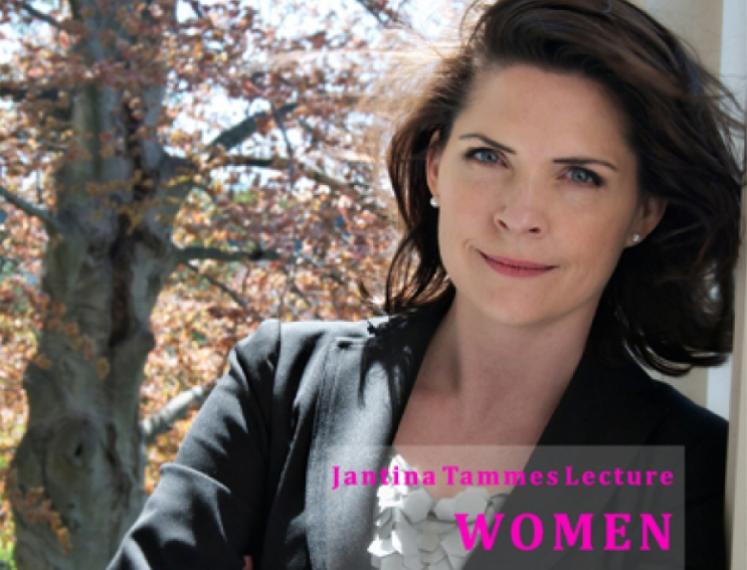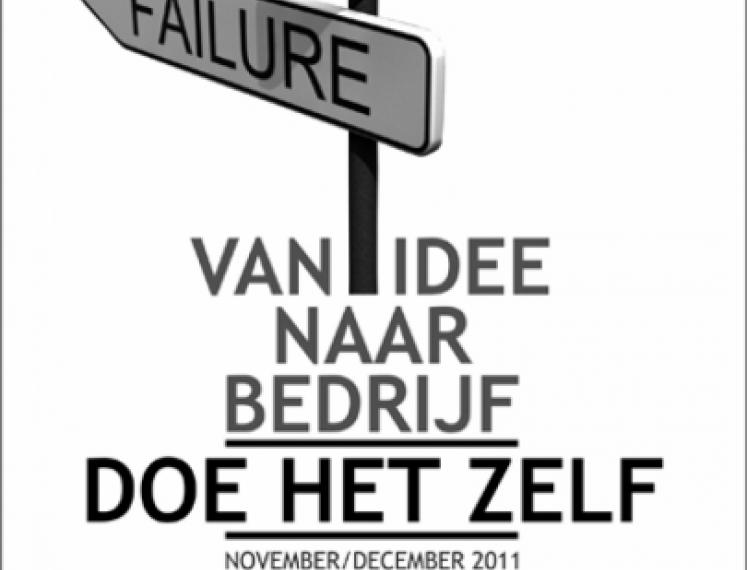Women and Power
Women face different challenges than men in the quest for leadership roles and their ability to hold onto these positions. Even nowadays, gender stereotypes still get in the way. How can woman overcome these challenges to gain and exercise power in leadership positions?
Although women have made great strides in attaining positions of power in recent decades, there still remain barriers to women not just continuing to attain these positions but also in maintaining them. Research by Professor Brescoll and her colleagues suggests that women face different challenges than men in the quest for leadership roles and their ability to hold on to these positions. For women, power can still be hard to earn, difficult to signal to others (once power is attained), and, in certain circumstances, easy to lose. Even in this day and age, gender stereotypes—our beliefs about what men and women are like—continue to shape our perceptions of women and can ultimately impede women’s progress in gaining, exercising and maintaining power and leadership. Research on women and the precariousness of their power has examined women in top leadership roles (e.g., the United States Senate), experiments in the lab, and interviews with women who have managed to navigate the challenges of being in top leadership positions. This work has revealed some potential solutions to the problems that women face when they attempt to gain and exercise power in leadership positions.
Victoria L. Brescoll is Assistant Professor of Organizational Behavior at Yale University.
Her research focuses on the impact of stereotypes on individuals' status and power within organizations, particularly for women who violate gender stereotypes. Additionally, she examines how having power may differentially affect men and women's behavior at work. She received her MS, MPhil, and PhD in social psychology from Yale University.
Jolande Sap is a Dutch economist with a broad interest in issues of sustainable development, finance and equal opportunities. During the past years she was MP and political leader of the Dutch Greens. Currently she works as an advisor for business and government organizations on issues of sustainable business models.
Jantina Tammes and the Jantina Tammes Chair
Dr. Jantina Tammes (1871-1947) was the first female professor woman in the Netherlands. She was famous for her research in biology, more specifically in genetics and botany. Victoria Brescoll is the 10th Jantina Tammes Professor at the University of Groningen (Faculty of Economics and Business). The Jantina Tammes Chair has been established in order to enable female visiting professors to do research with colleagues here, in the field of gender studies. Every Jantina Tammes Professor teaches classes for one semester, and gives a public lecture at the end.
Organized in collaboration with Faculty of Economics and Business, University of Groningen
Interesting links:
Website Yale: Victoria Brescoll
New York Times: Once Few, Women Hold More Power in Senate
New York Times: The female factor
Forbes: The World’s 100 Most Powerful Women
Blog Helen Clark: Women and Power



